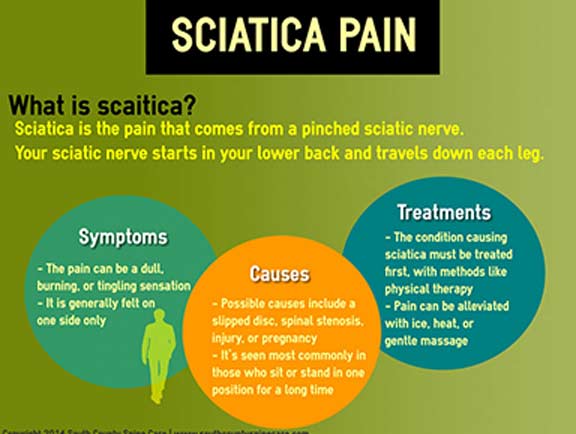Nourishment'S Impact On Neck And Back Pain Alleviation: Dietary Choices To Accept And Those To Avoid
Nourishment'S Impact On Neck And Back Pain Alleviation: Dietary Choices To Accept And Those To Avoid
Blog Article
Content By-Cochrane Wheeler
When it concerns handling your neck and back pain, the food selections you make can considerably influence how you really feel each day. Think of being able to reduce your discomfort just by adjusting what you eat. By comprehending the function of nutrition in back pain management and knowing which foods to integrate or stay away from, you can take proactive actions towards a healthier and more comfortable way of life. The link in between nutrition and back health is much more profound than you might realize-- let's explore exactly how certain foods can either calm or aggravate your back pain.
Value of Nourishment in Back Pain
Nutrition plays a crucial function in managing pain in the back. Your diet can significantly influence swelling levels and general discomfort degrees in your back. Eating a well balanced diet rich in nutrients like vitamins D and K, calcium, magnesium, and omega-3 fatty acids can help reduce swelling and reinforce bones, which are necessary for back health and wellness.
In addition, keeping a healthy and balanced weight via correct nutrition can relieve tension on your spinal column, lowering the danger of back pain.
Additionally, specific nutrients like anti-oxidants discovered in fruits and vegetables can help deal with oxidative anxiety and advertise healing in the body, including the back muscular tissues and back.
On the other hand, eating too much amounts of processed foods, sweet beverages, and undesirable fats can add to swelling and weight gain, worsening neck and back pain.
Foods to Consume for Back Health And Wellness
To support a healthy and balanced back, including nutrient-rich foods right into your everyday dishes is crucial. Including foods high in antioxidants like berries, spinach, and kale can help reduce swelling in your back, relieving discomfort and pain. Omega-3 fats found in fatty fish such as salmon and mackerel have anti-inflammatory properties that can benefit your back wellness.
In addition, taking in nuts and seeds like almonds, walnuts, and chia seeds supplies vital nutrients like magnesium and vitamin E, which sustain muscular tissue function and minimize oxidative stress. Including lean proteins such as poultry, turkey, and tofu can assist in muscle repair service and maintenance, promoting a strong back.
Don't fail to remember to include dairy or fortified plant-based choices for calcium to sustain bone health. https://chiropractor-open-today62839.blogoxo.com/31323593/bid-farewell-to-back-pain-the-methods-which-chiropractic-practitioners-can-supply-support but not least, moisturize with lots of water to maintain your spinal discs hydrated and working optimally. By including these nutrient-dense foods in your diet plan, you can nurture your back and support total spine health.
Foods to Stay Clear Of for Pain In The Back
Choose preventing processed foods high in added sugars and trans fats when seeking remedy for pain in the back. steve chiropractor of foods can contribute to swelling in the body, which may exacerbate neck and back pain. Say no to sweet snacks sweet, pastries, and sweet drinks, in addition to junk food products like hamburgers, french fries, and fried poultry that are often filled with trans fats.
Additionally, stay away from foods having high levels of refined carbohydrates, such as white bread, pasta, and pastries, as they can spike blood sugar level degrees and potentially intensify inflammation in the body.
It's also a good idea to restrict your consumption of foods high in saturated fats, like red meat and full-fat dairy products, as they can contribute to inflammation. Refined foods like deli meats, chips, and packaged snacks are often high in hydrogenated fats and should be eaten in moderation.
anxiety treatment murray hill , taking note of your diet plan and making wise food choices can have a significant influence on taking care of pain in the back. By integrating nutrient-rich foods like berries, fatty fish, nuts, and lean proteins, and staying clear of refined and sweet items, you can help reduce inflammation and support generally back health. Keep in mind, what you eat plays an essential function in exactly how you really feel, so make sure to prioritize your nutrition for a healthier back.
